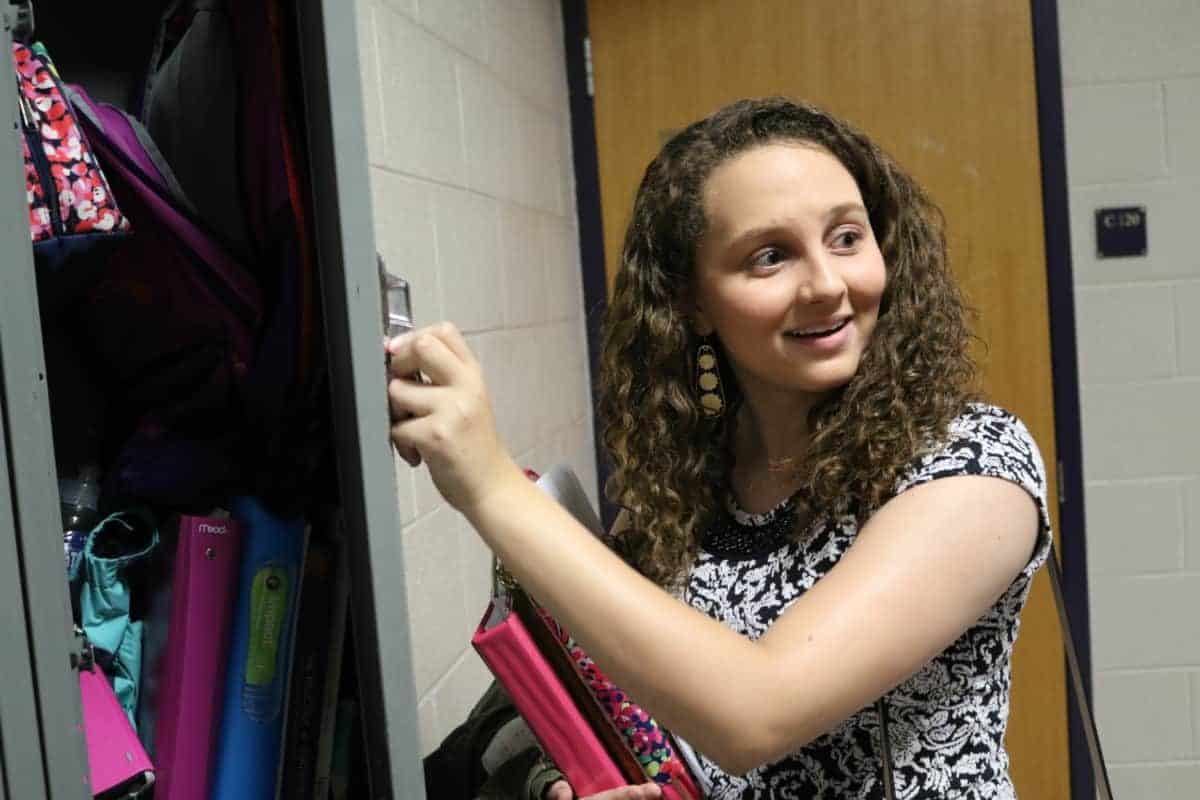

Several local school districts have asked the General Assembly to free them from the rigid start-date and end-date of the academic year now embedded in law. They define the issue as “calendar flexibility.”
What seems a prosaic procedural matter actually poses a test of policymakers’ flexibility and willingness to break out of conventional ways of operating. “Calendar flexibility’’ is among a cluster of time-in-school issues that require renewed emphasis on serving students’ educational needs.
In North Carolina as elsewhere, the school day is too short, and summer break is too long. And the morning bell rings at most high schools before teenagers are fully awake and ready to learn.
In their current proposal to the legislature, some local K-12 authorities argue that the public schools should align with the academic calendar of nearby community colleges. Aligning calendars would further efforts to provide high school students opportunities to take community college classes.
The school systems have a strong argument at a moment when state leaders are trying to convince adolescents and young adults, not inclined toward four years in a university, that community colleges offer pathways to decent-paying careers. It’s important for students and their parents to understand that for success in today’s economy and civil society, education beyond the 12th grade is an imperative.
What’s more, in middle and high schools, end-of-course tests now come in January after classes are suspended in December for the winter holidays. The state-mandated calendar has the effect of interrupting teaching and learning in the run-up to critical tests.
Here’s a modest proposal, offered for the sake of stimulating re-thinking. Let’s start schools on the same day as football practice. The N.C. High School Athletic Association allows football practice to begin around Aug. 1. The first games often are played before the students return to school. If it’s OK for football players to get the educational benefits of exercise, team-building and discipline through August, why not offer education benefits to all students at the same time?
Of course, many North Carolina children in fact attend school in August. They are students in year-round schools, which do not feature the too-long summer of the traditional calendar, but rather schedule breaks of three weeks or so throughout the year.
Whether by expanding year-round options or lengthening the traditional-calendar school year into August, state education authorities would also offset the well-documented phenomenon of summer learning loss. Research shows that the long summer of the traditional calendar contributes to disparities in educational achievement. Students from low-income and minority families especially suffer summer learning loss.
Another misalignment in school timing works against student learning: The school day begins too early, especially for teenagers, and ends too soon in the afternoon. Over the past five years, the American Academy of Pediatrics, the Centers for Disease Control and Prevention, and the American Medical Association have all recommended that middle and high schools start no earlier than 8:30 am to account for teenagers’ staying awake until 11 p.m. and needing up to nine hours of sleep.
In most middle and high schools, the school day doesn’t align with teenagers’ sleep-and-awake rhythm. The school day also doesn’t align with the work schedules of parents in this era of two-income families.
To accommodate both the misaligned school day and the too-long summer, parents who can afford them scramble for “after-school’’ programs, summer camps and such to occupy their children when not in school. Through more extended-day options and partnerships with non-profits, public schools can incorporate what is now considered “after-school’’ into school itself.
The school day and school year don’t have to conform to what parents and policymakers remember as the norm in their youth. The “calendar flexibility’’ issue can serve to open the way to fashioning schedules for 21st Century schools.
For further discussions of school “timing’’ issues, The Atlantic rounded up diverse ideas on the school calendar in 2016 and the Brookings Institution summarized research on summer learning loss in 2017.


